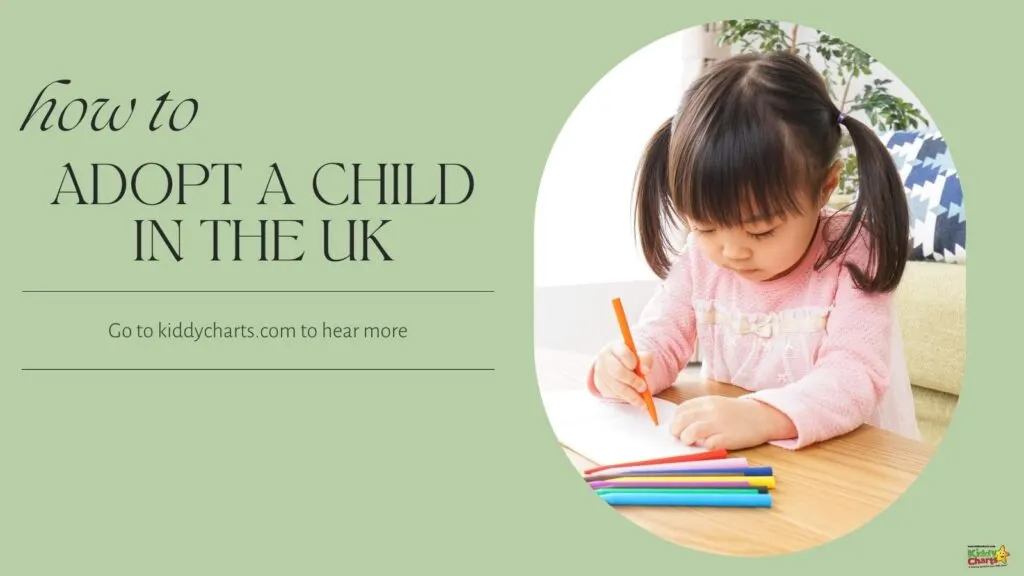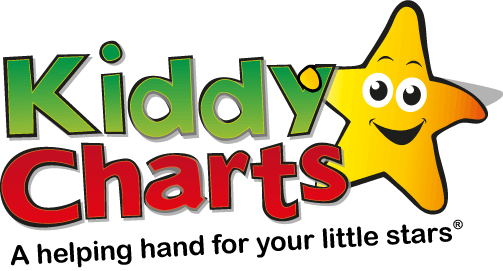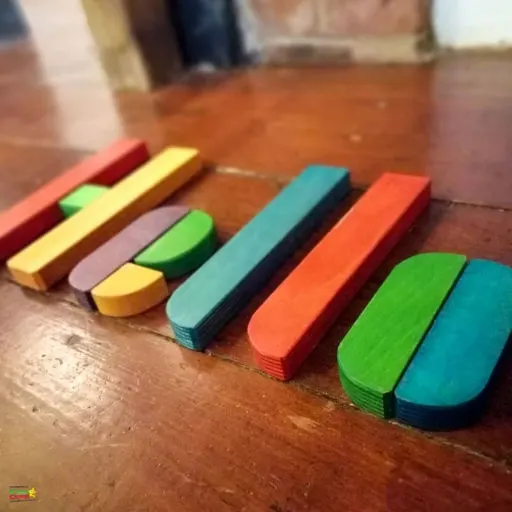The adoption process is designed to be open and fair, ensuring that the right decision is made for both the children waiting to be adopted and prospective parents. We have a guest post from You can Adopt to provide some expert advice on how to adopt a child in the UK. You can adopt regardless of your relationship status, ethnicity, gender identity, sexuality, or faith.

There are currently more prospective adopters than children waiting to find their forever home. Despite the significant increase in the number of people coming forward to adopt, most are seeking a single, very young child and it’s unlikely that they’ll be able to adopt such a child as quickly as often expected.
Adopters are in greatest need for brother and sister groups, older children, those with additional needs and children from ethnic minority backgrounds.
Children from these groups represent 65% of all those waiting to be adopted, with many facing year-long delays compared to those without these characteristics. Recent data shows:
- Children over 5 wait 13 months longer to be adopted from care.
- Children with a disability wait 11 months longer.
- Children in a sibling group wait 11 months longer.
- Children from an ethnic minority (excluding white minorities) wait 3 months longer.
The application process: How to adopt a child in the UK
There are four key stages to the adoption application process, each takes an estimated amount of time which can vary from case to case. The four stages are:
- Exploration and planning (1-2 months),
- Registration, initial checks and training (on average about 2 months),
- Assessment and approval (c. 4 months), and finally
- Matching.
All of these stages are explained in a little more detail below:
1. Exploration and planning (average time 1-2 months)
Your adoption journey starts with reading background information and learning about modern adoption; along with speaking to experts and other adopters who have made the journey before.
You can start your adoption journey with a Regional Adoption Agency (RAA), a Local Authority (LA) or an independent Voluntary Adoption Agency (VAA). You Can Adopt, the national campaign for recruiting adopters in England, has an agency finder where you can enter your postcode and see the agencies available in your area.
TIP: Be sure to speak to other adopters where possible and do as much research as you can before choosing an adoption agency. The You Can Adopt podcast series is a useful resource, sharing a balanced view of adoption directly from those whose lives it has impacted.

2. Registration, initial checks, and training (average time 2 months)
You can contact as many adoption agencies as you wish initially, but it is only possible to follow through an adoption application with one agency. After finding an agency you are comfortable with, you can register your interest with them and undergo the first round of checks – known formally as stage one. The agency may request that you attend an information event or have an informal chat with a social worker to ensure that you’re prepared of what to expect before you get too far into the process.
Once you’ve registered your interest, social workers from your chosen agency will get to know you and consider whether adoption is right for you at the moment. Some of the things that people view as a barrier to adoption might not be an issue, for example you don’t have to own your own home or live in a massive house, and you can adopt as a single parent too. A criminal record won’t necessarily rule you out, neither will having existing health conditions or a disability. The minimum requirement is that you’re aged 21 or older and there is no upper age limit to adopt.
The agency will review all the information available and decide whether applicants should be approved to go through to stage two of the process.

3. Assessment and approval to adopt a child in the UK (average time 4 months)
You’ll now go through a more thorough assessment period – formally known as stage two. This part of the process has two functions: to confirm that adoption is right for you; and to give you the skills you need to be an adoptive parent. Your social worker will work with you, detailing the process you’ll follow and offering preparation training.
You’ll follow a program of preparation training with other prospective adopters, which will help you explore the benefits and challenges of adoption. As well as key parenting skills the preparation groups cover the special skills adoptive parents need to care for children who may have experienced neglect and abuse.
The main part of the assessment is a series of home visits made by your social worker. During this time the social worker gets to know you and your family and spends time helping you think about what strengths you could bring to adoptive parenting. While this might seem intimidating, please remember that, like the whole adoption process, this is done with the best interests of the children in mind.
The information provided will form a Prospective Adopters Report which an independent panel will review and make a recommendation on whether you’re suitable to adopt at that time.
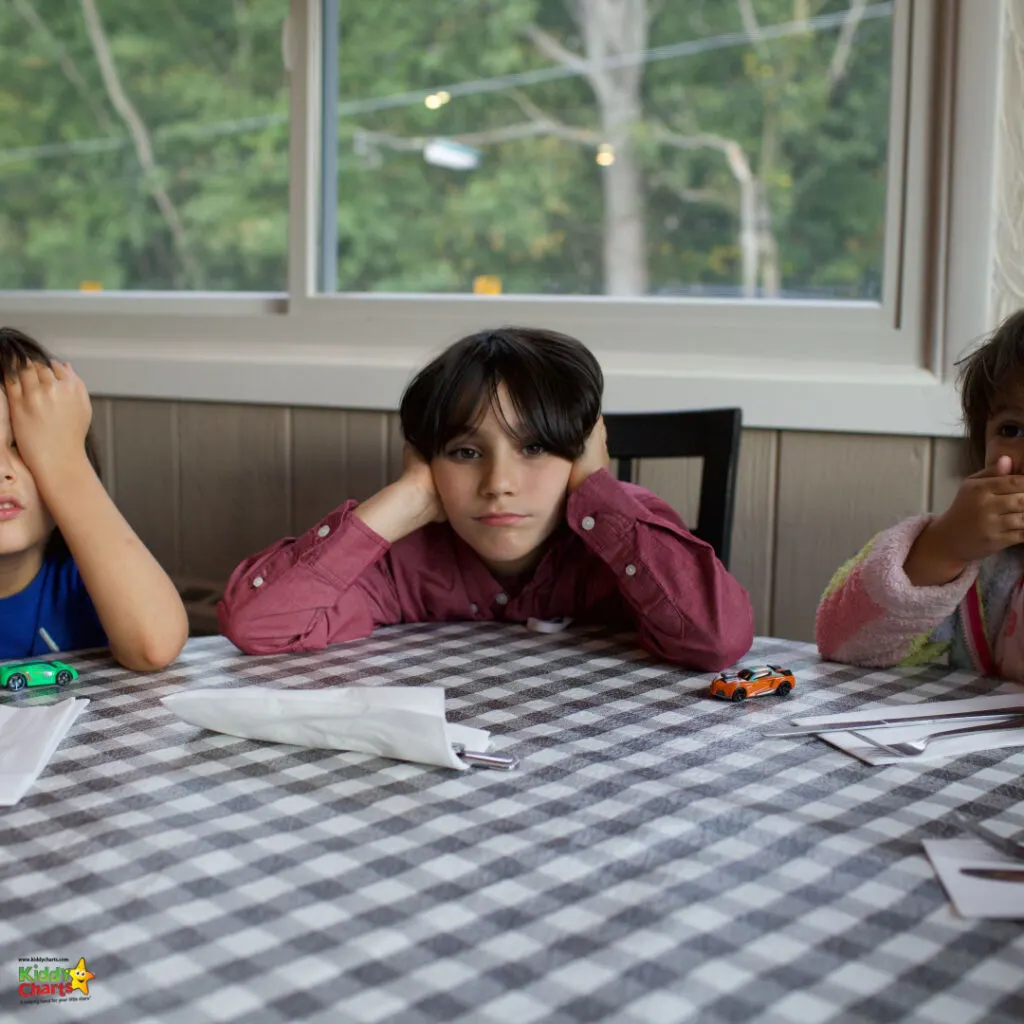
4. Matching
Once approved, your adoption agency works with local authorities to find the right family for the children currently waiting to be adopted. This is the final stage in how to adopt a child in the UK.
You will be able to view profiles of the children who are currently in need of adoptive parents and may be invited to attend an Activity Day where you can meet some.
Once everyone involved agrees that a suitable match has been found, your adoption agency, together with the child’s agency (if applicable), will write an Adoption Placement Report for review by an independent matching panel. You will typically be invited to attend the panel meeting, perhaps to talk about what drew you to the child. If the panel recommends the match, the child’s adoption agency will then make the final decision about whether it should be approved. After approval, an Adoption Placement Plan is prepared. This plans out a series of managed introductory meetings where you and the child can get to know each other.
To find out more about adoption, and to begin your journey, visit www.youcanadopt.co.uk
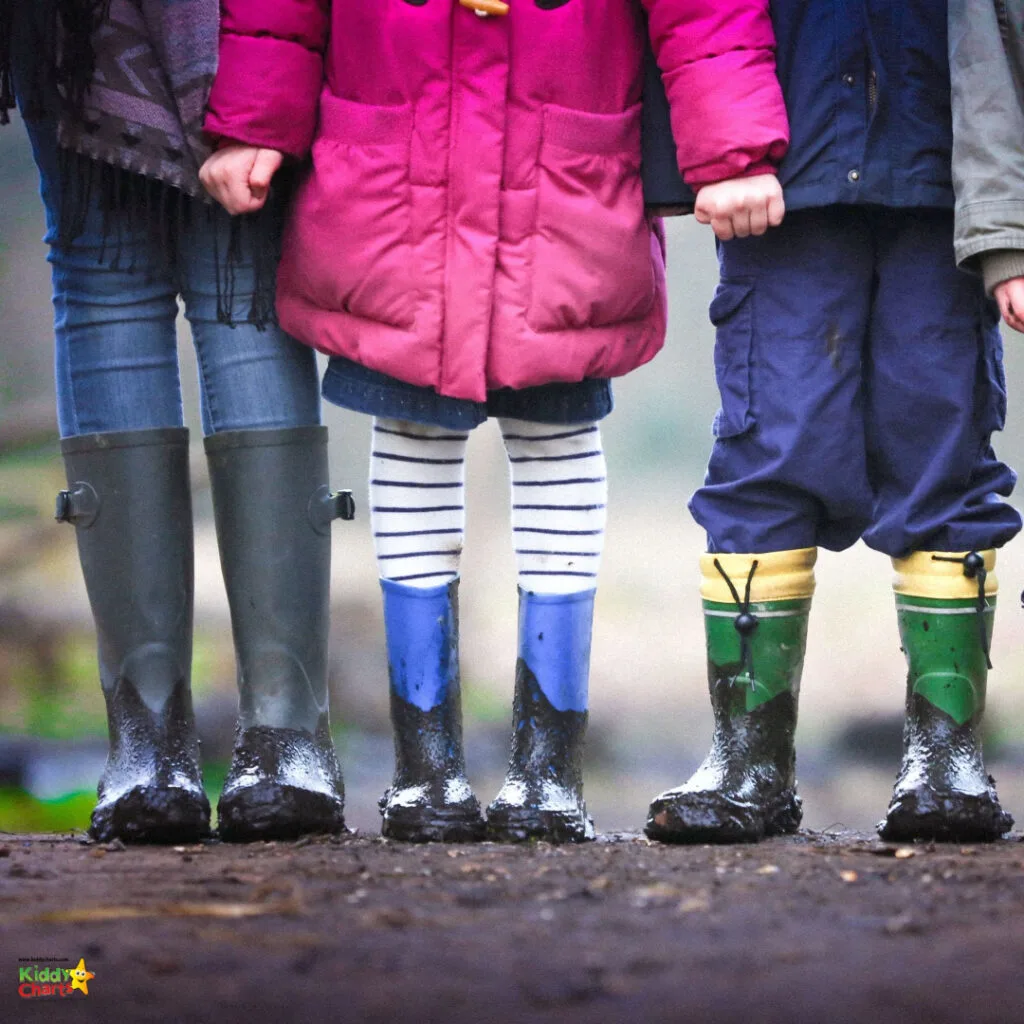
We really hope that you have found this a useful resource on how to adopt a child in the UK; feel free to explore some of the other articles that we have on the site related to charities while you are here:
Articles on KiddyCharts related to charities and social enterprises
Here are a few more articles about charities and social enterprise on our site for you to explore.
10 family social enterprises to buy from today in the UK #BuySocial #SocEnt
Family social enterprises that you might like to buy from and support.
What is a social enterprise for KiddyCharts?
Exploring a little more about what being a social enterprise means on KiddyCharts.
5 tips: How to talk about food insecurity with your children this Christmas
How to chat to your children about food insecurity particularly at Christmas, but in general too.
Five ways YOU can help with child food poverty today
Five ways that we can all help with food poverty in our lives today.
If you like the site – why not sign up to our newsletter too?
We’d love to have you back, so see you again soon!
Helen
